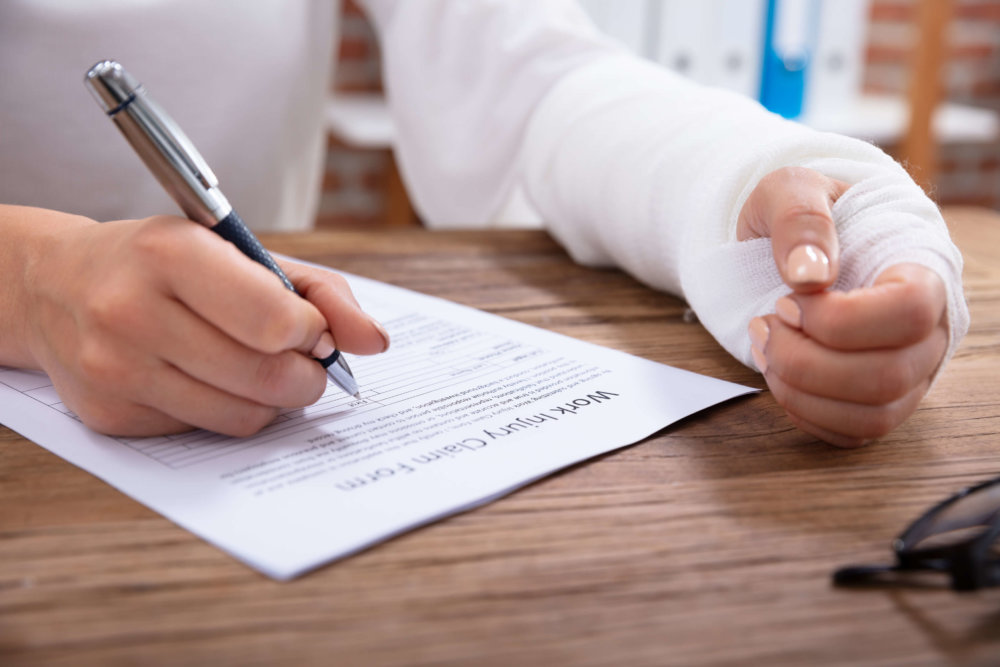They say that dog is man’s best friend. Unfortunately, this is not always the case. Sometimes dogs bite. Whether due to prior abuse, lack of care, accidental playing, or personality, dog bites can often be quite serious and can result in severe injury and/or blood loss. If you or a loved one should ever find yourself to be the victim of a dog bite, you must know what to do. Here are three important things to do when you need to have first aid for dog bites.
First Aid for Dog Bites
1. Treat the Injury
First and foremost, you must get yourself to a safe location so that there is no longer an imminent threat of further injury. Once you have done so, you must treat the injury immediately to reduce your risk of infection. If the bite is minor, you will likely be able to treat it at home, but should you find that the injury is more severe, you should seek professional medical attention.
Should you feel unnerved after the incident, you may want to call for help rather than driving to the doctor or emergency room by yourself. If the area of the bite becomes warm, red, swollen, or tender to touch, if you are running a fever, if you cannot remember your last tetanus shot, or feel disoriented or faint, you should seek medical attention immediately. This also holds if the dog bite does any of the following:
- Leaks pus or fluid
- Will not stop bleeding
- Causes severe pain
- Is caused by a dog that is not up to date on its vaccinations or is behaving erratically
- Causes loss of function
- Exposes muscles, tendons, or bone
2. Prevent Infection
Once first aid has been administered to treat the injury, it is also necessary to take steps to prevent infection. If the bite did not break the skin, still wash the area with soap and warm water. If possible, you may want to apply an antibacterial ointment to further your protection. If your skin is broken, do the above with soap and warm water but gently press on the wound a bit to get out a little blood to expel any germs that have accumulated in the area. If you are already bleeding, using a clean cloth, gently press down on the wound to help stop the bleeding. Then apply antibacterial ointment and cover it with a sterile bandage.
3. Obtain Information Regarding the Dog’s Medical History
Once the first two steps have been taken care of, if the owner is nearby, it is very important to ask him or her about the dog’s medical history, specifically whether or not the animal has been inoculated against rabies. You should also ask the owner for his or her information including name, telephone number, and the veterinarian’s information. When possible, ask to see the owner’s identification. However, if the owner is not present, ask any witnesses if they happen to know where the dog lives.
On the flip side, as a dog owner, be sure to remain up-to-date with your own dog’s inoculations in case he or she is ever responsible for biting someone. Any dog is capable of biting – no matter how nice.
MPJ Law Firm Helps Those in Albuquerque Who Have Been Bitten By a Dog
Dog bites should not be taken lightly. We understand the physical, emotional, and sometimes financial damage that a dog bite can cause. We work with our clients to achieve the best possible outcome for each situation and will fight to get you what you deserve! To learn more or to schedule a consultation, call MPJ Law Firm at 505-263-2820 today!
Posted in: Dog Bite Injury

